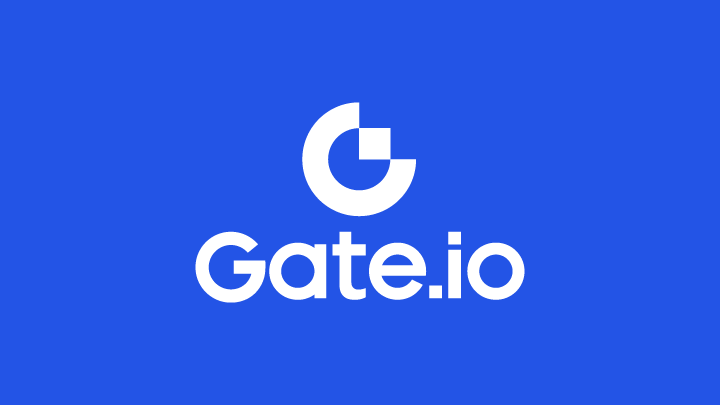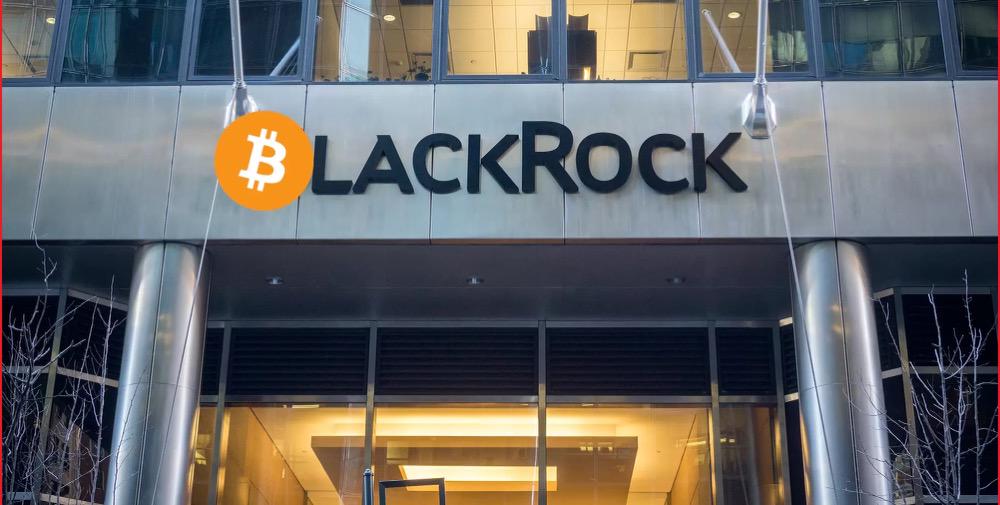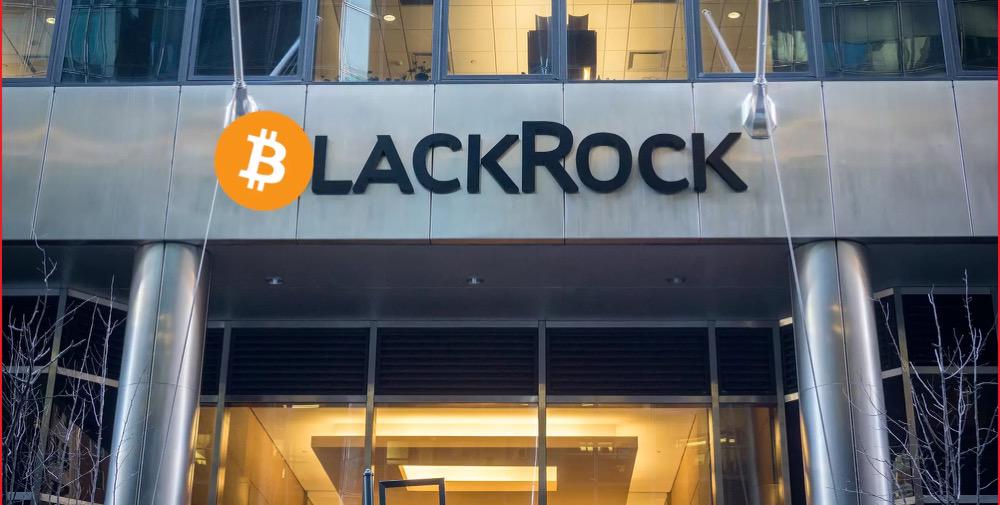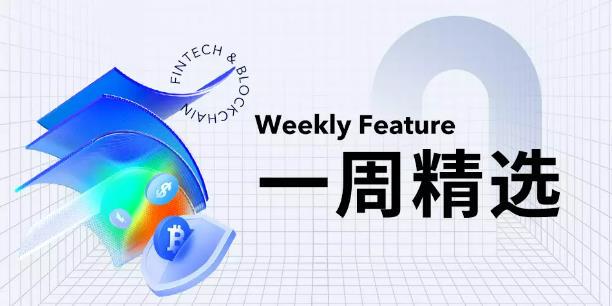-
 PA一线 · 1 小时前
观点:山寨币摆脱负面趋势,投资者正在改变对加密货币的看法
PA一线 · 1 小时前
观点:山寨币摆脱负面趋势,投资者正在改变对加密货币的看法PANews 5月10日消息,据CoinDesk报道,以太坊Pectra成功升级实施后,ETH单周涨幅已超过30%,而其他山寨币SOL、ADA、XRP和BNB也都获得了2-6%的涨幅。 LVRG Research主管Nick Ruck表示,交易员们认为加密货币行业可能终于找到了第二次机会,可以对冲市场不确定性,投资者正在改变对加密货币的看法,因为山寨币已经摆脱了负面趋势,并发现新一轮的风险偏好情绪带来了购买压力。
-
 PA一线 · 3 小时前
CryptoQuant CEO:Strategy购买速度快于比特币挖矿速度并获得通缩优势
PA一线 · 3 小时前
CryptoQuant CEO:Strategy购买速度快于比特币挖矿速度并获得通缩优势PANews 5月10日消息,CryptoQuant 创始人兼首席执行官Ki Young Ju在X平台发文表示,比特币是通货紧缩的,Strategy(原MicroStrategy)购买比特币的速度已经快于比特币挖矿速度,他们持有约55.5万枚比特币,而且处于非流动性状态,没有出售计划,这意味着Strategy的比特币持仓可以获得-2.23%年通缩率,其他稳定的机构持有者持有的比特币通缩率可能更高。
-
 PA一线 · 4 小时前
《富爸爸穷爸爸》作者:应抛弃“虚假货币”转向比特币、黄金和白银
PA一线 · 4 小时前
《富爸爸穷爸爸》作者:应抛弃“虚假货币”转向比特币、黄金和白银PANews 5月10日消息,据Cointelegraph报道,《富爸爸穷爸爸》作者Robert Kiyosaki再次呼吁公众远离法定货币体系,转而投资于比特币、黄金和白银等资产。他引用前美国国会议员Ron Paul的观点批评美联储的利率政策是“价格操控”并指出美元体系导致了“虚假货币、虚假统计、虚假会计、虚假资产负债表、虚假薪酬、虚假关系、虚假领导者和日常生活中的腐败”,因此建议人们“退出虚假货币体系”,通过持有比特币和贵金属来对抗通胀,保护个人财富。
-
 PA日报 · 4 小时前
PA日报 | 美国副总统万斯将出席比特币2025峰会并发表演讲;Resolv开放空投注册,截止日期为5月17日
PA日报 · 4 小时前
PA日报 | 美国副总统万斯将出席比特币2025峰会并发表演讲;Resolv开放空投注册,截止日期为5月17日Binance Alpha新增Doodles (DOOD);Lido将推出双重治理,以降低治理风险;Telegram推出基于TON区块链NFT的礼物市场;Coinbase推出24/7全天候比特币和以太坊期货交易服务。
 PA一线 · 4 小时前
交易员James Wynn自3月13日以来累计获利4650万美元
PA一线 · 4 小时前
交易员James Wynn自3月13日以来累计获利4650万美元据 Lookonchain 监测,传奇交易员 James Wynn自 3 月 13 日以来,一直在 Hyperliquid 上活跃交易,并在不到两个月的时间内累计获利 4650 万美元。
-
 PA一线 · 5 小时前
巴西第四大城市贝洛奥里藏特投票通过比特币相关法案
PA一线 · 5 小时前
巴西第四大城市贝洛奥里藏特投票通过比特币相关法案巴西第四大城市贝洛奥里藏特(Belo Horizonte)立法者通过了一项开创性的法案,旨在将该市打造为加密货币和比特币公司的创新中心。该法案为接受比特币支付的企业提供了激励措施,并承诺在城市广告宣传中重点展示这些企业。此外,该法案还推广教育活动,帮助市民适应这一数字化转型。该法案以 20 票赞成、8 票反对、6 票弃权的结果获得通过。目前该法案将提交市长办公室进行最终审批。
-
 Foresight News · 5 小时前
高盛前高管Raoul Pal的洞察和投资之道:如何不靠运气在加密领域致富?
Foresight News · 5 小时前
高盛前高管Raoul Pal的洞察和投资之道:如何不靠运气在加密领域致富?2008 年金融危机「预言帝」Raoul Pal 谈加密货币稳健致富与宏观趋势洞察。
-
 Gate.io · 7 小时前
Gate.io 携手国际米兰门将索默,共筑加密交易安全新典范
Gate.io · 7 小时前
Gate.io 携手国际米兰门将索默,共筑加密交易安全新典范作为全球领先的加密货币交易平台,Gate.io始终秉持「与冠军同行」的品牌理念,以国际米兰足球俱乐部的官方袖标赞助商的身份亮相国际赛场,与顶级豪门并肩而立,共展冠军风范。Gate.io正式宣布瑞士第一守门员、意甲冠军门
-
 区块律动BlockBeats · 7 小时前
从中本聪到 SBF:谁在偷走加密世界的灵魂?
区块律动BlockBeats · 7 小时前
从中本聪到 SBF:谁在偷走加密世界的灵魂?社区的生死由其文化传承决定,而文化传承的命运则掌握在那些承担责任、推动其发展的“文化建设者”手中。
-
 PA一线 · 8 小时前
一周前建仓PEPE的某聪明钱卖出1万亿枚PEPE,获利约353万美元
PA一线 · 8 小时前
一周前建仓PEPE的某聪明钱卖出1万亿枚PEPE,获利约353万美元据链上分析师 @ai_9684xtpa 监测,早在一周前就埋伏 PEPE 的“低买高卖 WBTC 获利 1426 万美元的聪明钱”借此再次获利 353 万美元。该聪明钱过去 14 小时疑似卖出 1 万亿枚 PEPE(价值约合 1248 万美元),而剩余 1 万亿枚目前仍浮盈 352 万美元,建仓均价 0.00000895 美元。
- 加密流通市值(7d)$3,382,312,175,549Market Cap恐惧贪婪指数(近30天)极度恐惧0天(0%)恐惧9天(30%)中性10天(33.33%)贪婪11天(36.67%)极度贪婪0天(0%)
 PA一线 · 8 小时前
TRUMP官方:350万枚TRUMP存入CEX旨在增强流动性,近期解锁的代币已全部锁仓
PA一线 · 8 小时前
TRUMP官方:350万枚TRUMP存入CEX旨在增强流动性,近期解锁的代币已全部锁仓针对此前 TRUMP 团队关联地址将 350 万枚 TRUMP 存入 CEX,TRUMP 官方回应称,转入 CEX 旨在增强流动性,帮助确保交易双方都能获得 TRUMP ,并且本次流动性由初始发行时的流动性钱包提供。TRUMP 团队强调近期所有解锁的 TRUMP 已全部重新锁仓,未来 90 天内不会转移。
-
 PA一线 · 9 小时前
Cointelegraph官方X账户疑似被盗,曾发布代币合约推文并向平台作者发送诈骗链接
PA一线 · 9 小时前
Cointelegraph官方X账户疑似被盗,曾发布代币合约推文并向平台作者发送诈骗链接加密 KOL @thedefiedge 发文表示,Cointelegraph 官方 X 账户向其发送私信,要求其审核一篇涉及该作者内容的文章。该作者从隐私窗口点击了链接,随后要求其使用 X 账户登录,但域名是“Cointetegraph”,而不是 Cointelegraph,域名拼写错误。此前市场消息称,Cointelegraph 官推发布链上代币合约并关闭评论,目前该推文已被删除。
-
 Gate 研究院 · 10 小时前
Web3链上数据解读:4月Solana交易活跃,Ethereum资金回流
Gate 研究院 · 10 小时前
Web3链上数据解读:4月Solana交易活跃,Ethereum资金回流本报告总结了 2025 年 4 月份 Web3 链上数据情况,Solana 维持日均超 9,300 万笔交易,持续领跑全链。
-
 PA一线 · 11 小时前
某以太坊IC0鲸鱼将剩余的1900枚ETH存入Kraken
PA一线 · 11 小时前
某以太坊IC0鲸鱼将剩余的1900枚ETH存入Kraken据 Lookonchain 监测,3 小时前,在 Genesis 获得 76,000 ETH(成本 23,560 美元)的巨鲸(Ethereum IC0 参与者)将剩余的 1,900 ETH(价值 444 万美元)存入了 Kraken。
-
 Tim · 11 小时前
内幕爆料:特朗普是如何被“耳边密友”Ballard的加密宣传帖摆了一道?
Tim · 11 小时前
内幕爆料:特朗普是如何被“耳边密友”Ballard的加密宣传帖摆了一道?从耳边密友到白宫弃子,游说公司老板Ballard是如何惹怒特朗普的?
-
 Nancy · 11 小时前
比特币最大推手,金融帝国贝莱德的加密野望
Nancy · 11 小时前
比特币最大推手,金融帝国贝莱德的加密野望一则关于“贝莱德IBIT年内资金流入量超全球最大黄金基金”的消息,配合着比特币在5月8日重返10万美元成为市场关注的焦点。比特币ETF接棒加密社区,让华尔街成为比特币的重要买家,推动这项曾经的边缘资产完成主流化与合规化的跃升,也成为贝莱德全球金融版图的一块关键拼图。
-
 PA一线 · 11 小时前
$TRUMP团队关联地址过去半小时将350万枚TRUMP转进CEX
PA一线 · 11 小时前
$TRUMP团队关联地址过去半小时将350万枚TRUMP转进CEX据链上分析师余烬监测,过去半小时里,$TRUMP 团队关联地址将 350 万枚 $TRUMP(5248万美元)转进了 CEX。
-
 一周精选 · 11 小时前
一周精选丨新罕布什尔州签署全美首个州比特币储备法案;市场情绪回暖,BTC重回10万美元,ETH大幅反弹
一周精选 · 11 小时前
一周精选丨新罕布什尔州签署全美首个州比特币储备法案;市场情绪回暖,BTC重回10万美元,ETH大幅反弹新罕布什尔州签署全美首个州比特币储备法案,或掀起各州效仿潮;市场情绪回暖,BTC重回10万美元,ETH大幅反弹。
-
 PA一线 · 12 小时前
职业综合格斗运动员Conor McGregor倡导爱尔兰采用比特币储备战略
PA一线 · 12 小时前
职业综合格斗运动员Conor McGregor倡导爱尔兰采用比特币储备战略职业综合格斗运动员康纳·麦格雷戈(Conor McGregor)发推倡导爱尔兰采用比特币储备战略,其表示:“加密货币的初衷是将权力交还给人民。爱尔兰的比特币战略储备将赋予人民的货币权力。”
-
 PA一线 · 12 小时前
某鲸鱼过去2天从Bybit提取9023.5枚ETH,目前持有11,739枚ETH
PA一线 · 12 小时前
某鲸鱼过去2天从Bybit提取9023.5枚ETH,目前持有11,739枚ETH过去两天,一位鲸鱼在 Bybit 存入了 2018 万枚 USDT,并以 2,237 美元的价格提取了 9,023.5 枚 ETH。目前,这位鲸鱼持有 11,739 枚 ETH,价值 2757 万美元,以及 938 万枚 USDT。
更多内容 May . 10
May.10















































